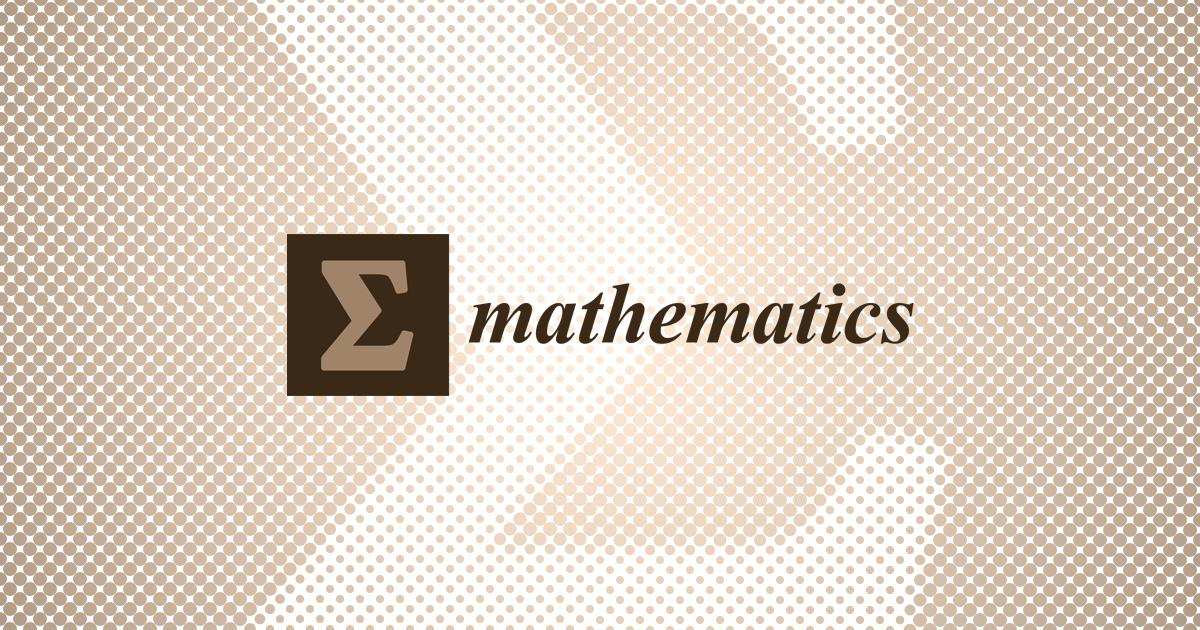Fermat's last theorem states that no three positive integers a, b, and c satisfy the equation aⁿ + bⁿ = cⁿ for any integer value of n greater than 2. Fermat said that he had a proof of it, but that it was too long to fit in the margin, and it has never been recovered.
It withstood a huge amount of attention from contemporary mathematicians before eventually being proven by Andrew Wiles https://www.dailymotion.com/video/x223gx8 in a complex proof that routed through fields of mathematics that did not exist in Fermat's time.
Given that, it's likely that Fermat did not have a real proof.
But if Fermat really had a proof, if there were really some simpler proof that contemporary mathematicians all somehow missed, this would be jarring and, personally, would assault my metaphysics and make the universe a dimmer place.
Closes yes if a relatively simple medium-length proof that Fermat could have credibly had is found. Closes no if this has not been found by 2050 or by the time very strong AI mathematicians have been made and applied to the problem and fail to find such a proof (could be much sooner than 2050).
People are also trading
@AndreaOssicini "The impossibility of solving the second degree Diophantine equation thus obtained is possible using well-known techniques at the end of 18th century (see Euler, Lagrange and Legendre) and perhaps present in Fermat’s brilliant mind."
19th century is two centuries too late, but I'll try to look into this.
I made a version that resolves in 2027 so those of us with short AI timelines who want to believe re Fermat are forced to actually risk our mana
@Lorec Note my one can resolve yes or no early when we get compelling enough AI mathematicians, which will might happen like... next year lol.
@makoyass I did see that! I just didn't want to be free from consequences in the case that, eg, AI mathematicians remain uncompelling for 6 years and then the world suddenly explodes.
@Lorec It would mean that exhaustively searching mathematics is much harder, which means that there's a lot out there that we cannot see.
You could take that as good news that there's more to be discovered than we thought, but for me the main thing that stands out is that it tells me is that it's going to be much harder to understand and cultivate trust with other advanced beings, because they're going to be onto a lot of mathematics that we're not familiar with. I currently take solace in the fact that there only seems to be one convergent cooperative bargaining theory, which is a logic of multiversal peace. If math is harder to exhaustively explore than I thought, that may no longer be the case, and peaceful trade with non-human intelligences becomes a lot harder, and war threatens.
@makoyass If each of two civilizations has some theorems that seem to suggest war when they could have just negotiated, is there any reason they shouldn't be able to just put the theorems aside and negotiate, even if they won't be able to do it very formally?
@Lorec I guess my load-bearing assumption here [which is intuitive to me but may not be to others] is that civilizations should be able to mutually read each other as potentially cooperative on a level that doesn't rely on sharing the same formal math.
